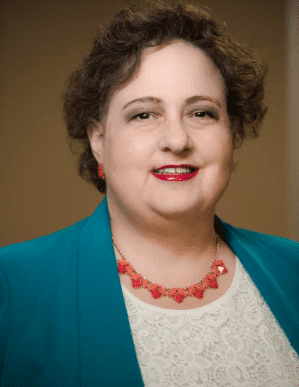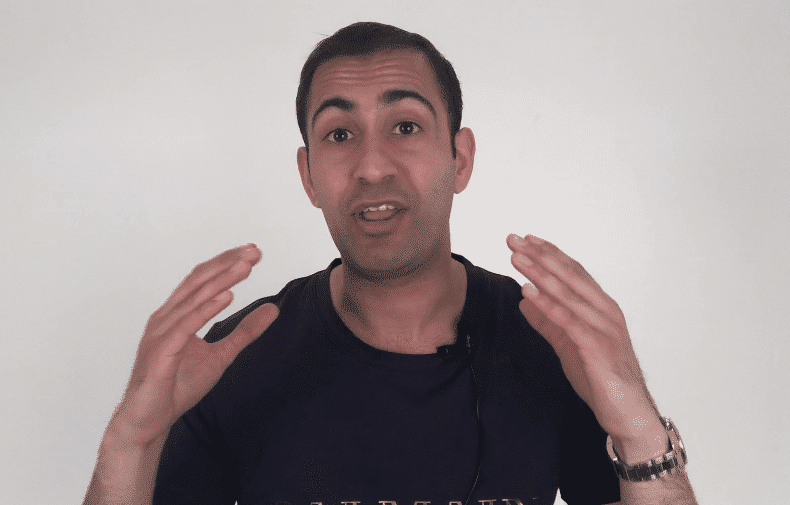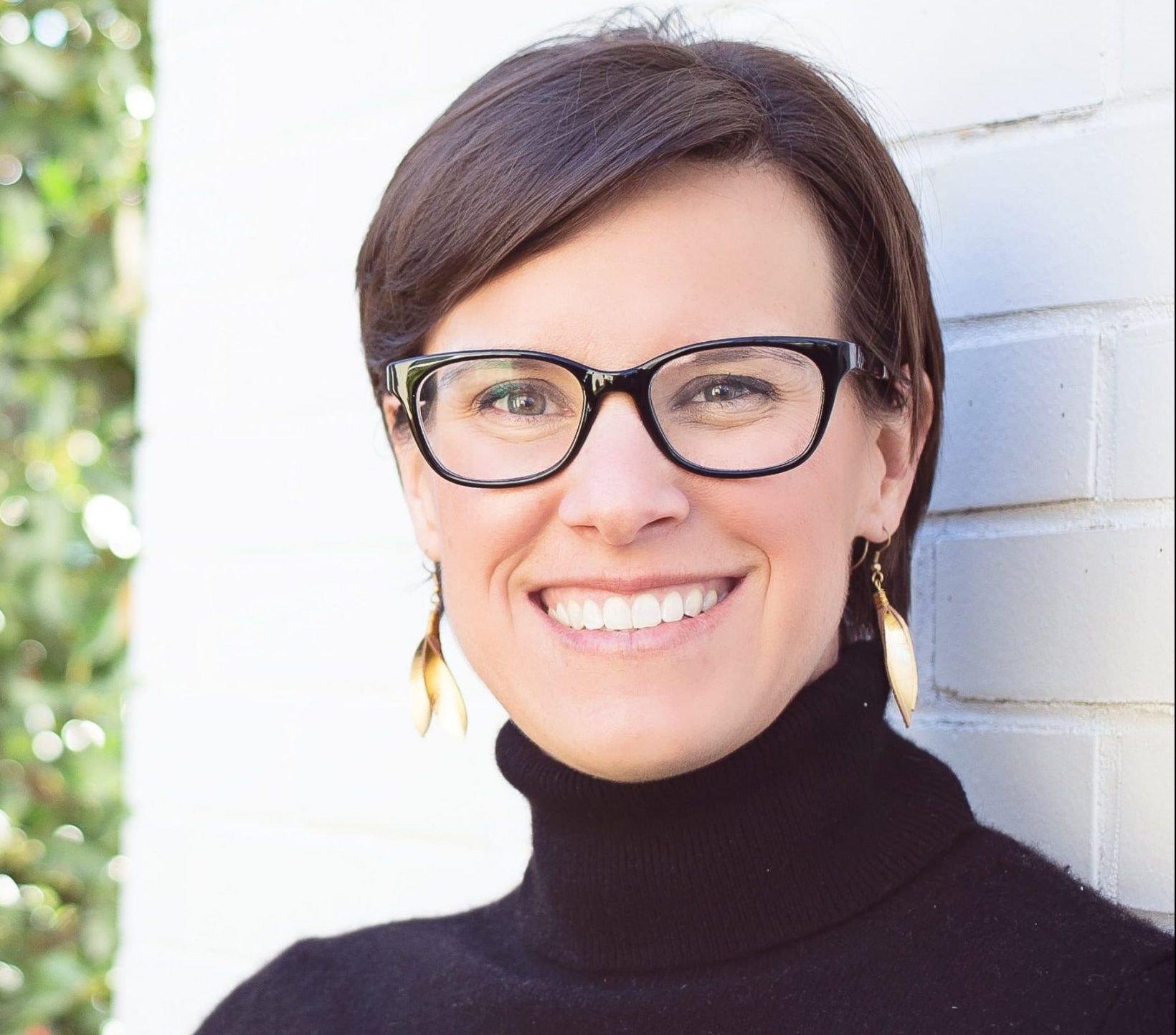At some point in their career, many people feel unworthy of their success.
Their reasons range from not having a supportive network who champion them, to burning out from all the pressure.
There are two things these people have in common; they doubt their achievements, and it often leads to procrastination.
The ones who triumph in the long-term are the ones who overcome this roadblock and learn to manage their feelings, but it’s easier said than done!
So I spoke with twenty-three successful people from a diverse range of backgrounds, who experienced the impostor phenomenon before.
Some even experience it today but learned how to cope with their emotions.
They were kind enough to disclose their experiences with the hope of letting other people learn from them.
Here are their stories and what they did to reduce their anxieties and stresses related to imposter syndrome:
1) Jordan Brannon, President and COO of Coalition Technologies

I’m a 35-year-old President of a global digital marketing agency with tens of millions of dollars in revenue, and a team of over 200 people.
We work with some of the biggest and fastest-growing e-commerce businesses online and play a key role in their growth.
Needless to say, this is not what I signed up for.
When my brother, Joel Gross, and I started Coalition over a decade ago, we wanted to do something we were good at, and passionate about.
We didn’t realize that would mean being thought leaders in our field, training senior and junior management, and more.
I still am not entirely sure that I’m not an imposter – and I think that’s okay.
An awareness of my shortcomings is vital for me to continue to be successful and help my agency succeed.
If I get too caught up in believing I am all that my title and responsibilities say that I am, I’m likely to stumble.
On the flip side, when I start to buy into the belief that I don’t belong here, I can become too cautious and insecure to act decisively.
2) Christine Michel Carter, Writer on Forbes
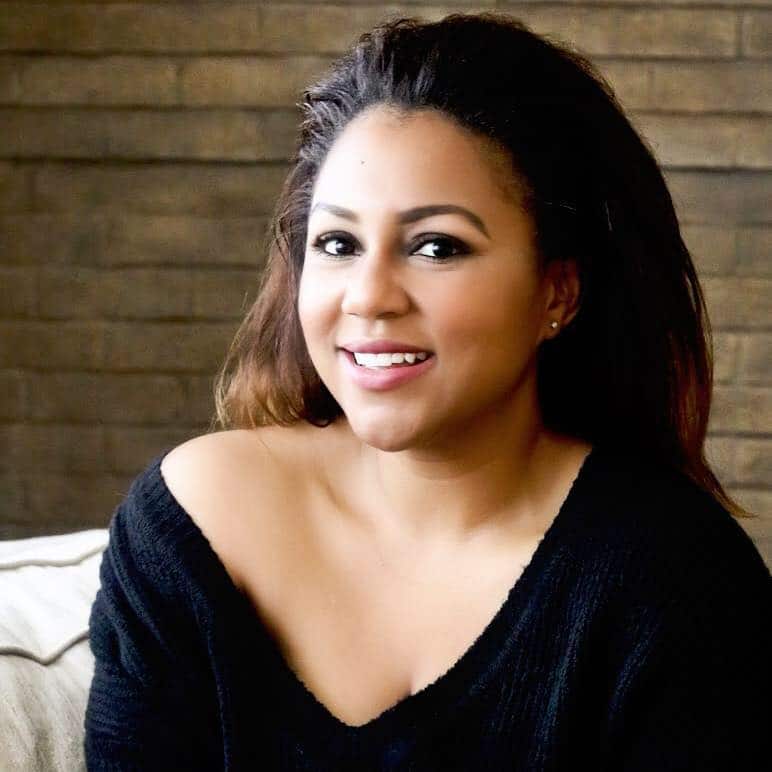
Nearly three years ago, I wrote an article for Forbes titled “Why So Many Millennials Experience Impostor Syndrome.”
The piece discussed my challenges with impostor syndrome – regardless of the number of stretch projects and accolades I received in the workplace, I constantly feared being exposed as a “fraud.”
Much has changed since this piece was published – I’ve published a book and been featured in The New York Times, but I’ve also gone through a separation and have been more vocal about my battle with anxiety.
More often than not, I’ve felt confused, distracted, self-sabotaged, and lost.
To be quite honest, I’m still trying to find a permanent way to remind myself that I belong, and am successful.
It does help to reflect on accomplishments, but I struggle with accepting the praise of colleagues and friends.
That digs a bit into my anxiety and issues with self-love, which I am working on both personally and professionally with a therapist.
3) Jackson Cunningham, Founder of JJ Suspenders
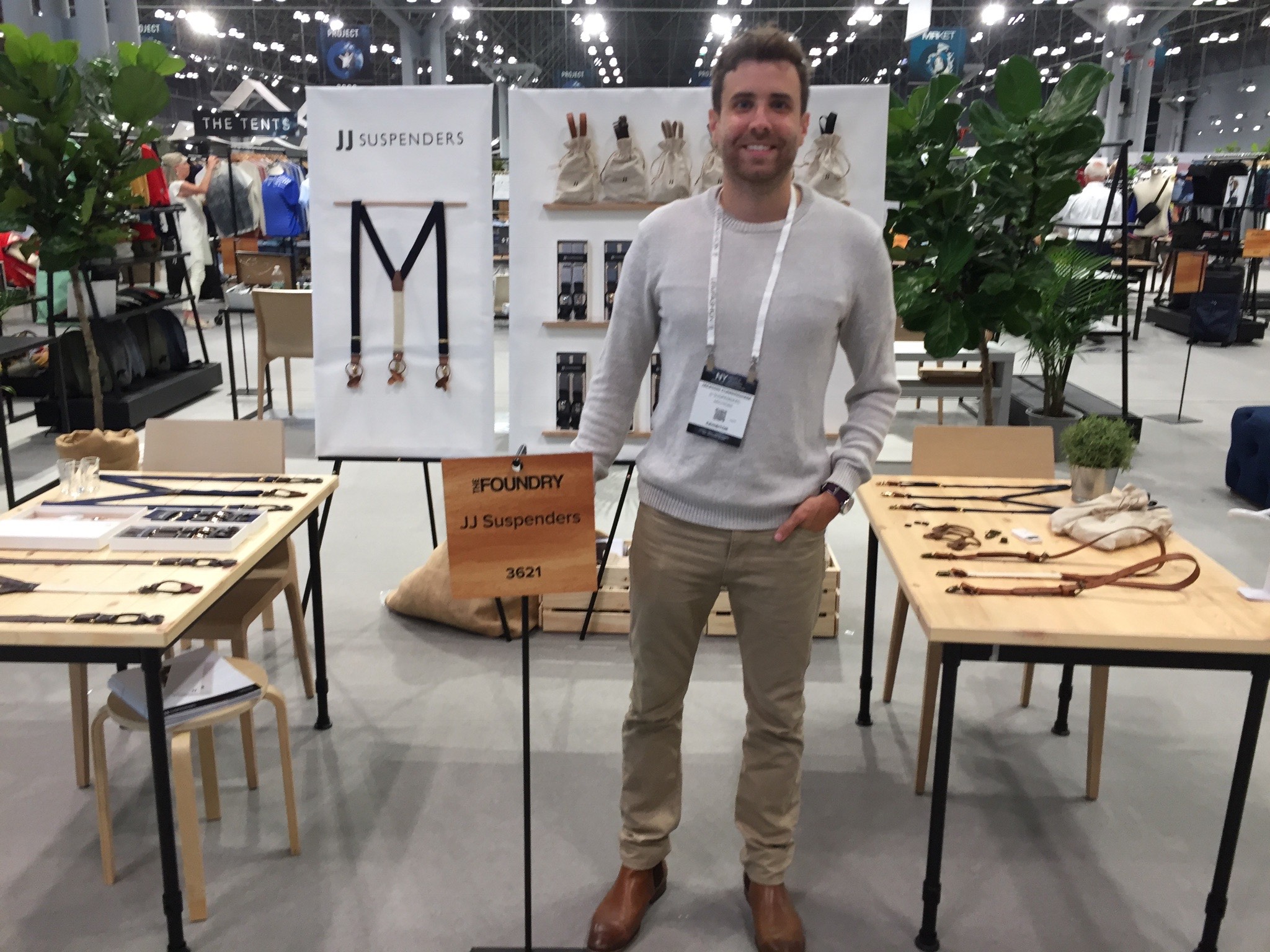
I was at this major fashion tradeshow with my business partner, and we had a serious case of imposter syndrome – we had to speak on technical terms with some buyers for major fashion brands.
We assumed that everyone around us was a fashion “expert” and would quickly discover our “ruse” that we had no idea what we were doing.
After the third day of the tradeshow, we became friendly with our neighbors and opened up how we felt like total amateurs.
It was at that point they burst out laughing because they thought we were the experts and they themselves were amateurs.
Everyone was pretending to be an expert and comparing themselves to everyone else’s facade.
I think this example perfectly displays the impostor syndrome that is very common, especially in high performers.
4) Karen L. Marvel, Family Law Attorney at Marvel & Wong, PLLC
I am a 32-year board-certified family law attorney in Texas.
Imposter Syndrome was a huge part of my psyche when I was younger.
I would walk into a courtroom and think that I did not belong; I did not know what the hell I was doing; the other attorney could see it, feel it and exploit it.
As it turned out, I was doing just fine.
Part of the problem was that I did not have the experience to know I was sufficiently prepared for the hearing/trial.
Later I developed a niche practice in child support collection.
When I started quoting cases and the Family Code from memory, I knew that I was not an imposter and that I am a good lawyer.
I can’t say that the imposter does not raise its ugly head every once in a while.
When I have a particularly thorny issue, I worry that I cannot present it to the judge coherently.
Then I remind myself that I am prepared; I know the law, and I am articulate on my feet.
The imposter fades away.
5) Calloway Cook, Founder of Illuminate Labs

When I started my first professional job at one of the top digital marketing firms in the U.S., I was relatively unqualified.
I played up my strengths in the job interview, but I was behind-the-curve in terms of technical skills when I actually started the position.
I overcame the feeling of imposter syndrome by applying myself more than my peers and ended up being one of the top performers in my role at the company.
I’ve transitioned the skills I learned at that role to my own venture.
I think that imposter syndrome isn’t always a bad thing.
It’s better to be in a situation where you feel less competent than your peers than the reverse because it means there’s room to grow professionally.
06) Jane Baker, Founder of Jane Baker Coaching

I used to suffer with imposter syndrome when I launched my coaching business.
Despite being more than qualified after building my own very successful business and helping others to do the same in various voluntary roles, I was still struck with the imposter syndrome issue.
I overcame it by journaling and using affirmations.
I think the key thing with imposter syndrome is to remind yourself of the fact you have proof that it is wrong.
My imposter syndrome would tell me that I didn´t know enough or wasn’t good enough, but I had plenty of proof to say that it was wrong.
So I started to journal every morning, I would journal and while journaling remind myself of what I had previously achieved, that I had proof to demonstrate I could do it.
Then I’d have affirmations that I would repeat 3 times through the day; these again were things that went against what the imposter syndrome voice would tell me.
But ultimately it all came down to having the discipline not to listen when the voice began and to instead stop, breathe and remind myself of the proof I had to show that the voice was wrong.
07) Riz Rahim, CEO of Upskill Nation
I’m a product and marketing executive from Silicon Valley startups and larger companies like Groupon and Life360.
I’ve contributed tens of millions of dollars in revenue through my work, led 100+ person teams to launch successful new product lines and hold five patents.
My life changed when I realized that owning up to my imposter-syndrome made me powerful, not weak. Finally, instead of resigning myself to feeling anxious, I could do something about it.
I had never built software before, and here I was being asked to ship cutting-edge software for a public company in record time. I certainly felt like an imposter, and I could feel the pressure of deadlines breathing down my neck.
My motto became “Fake it ’til you make it.”
One day a friend asked me how I landed my product manager job. I told him I was merely faking it, and he introduced me to imposter-syndrome.
At first, I thought, “That’s not me. I don’t have any syndrome.” It sounded like a bad disease, something I didn’t want any part of.
Once I read about it though, I realized how true it rang. That provided some relief in and of itself because I knew I could do something about it.
I realized how much needless anxiety I was going through. I started working with a coach and learned to rewrite my mental programming.
08) Kathrine McAleese, Founder of Mind to Win
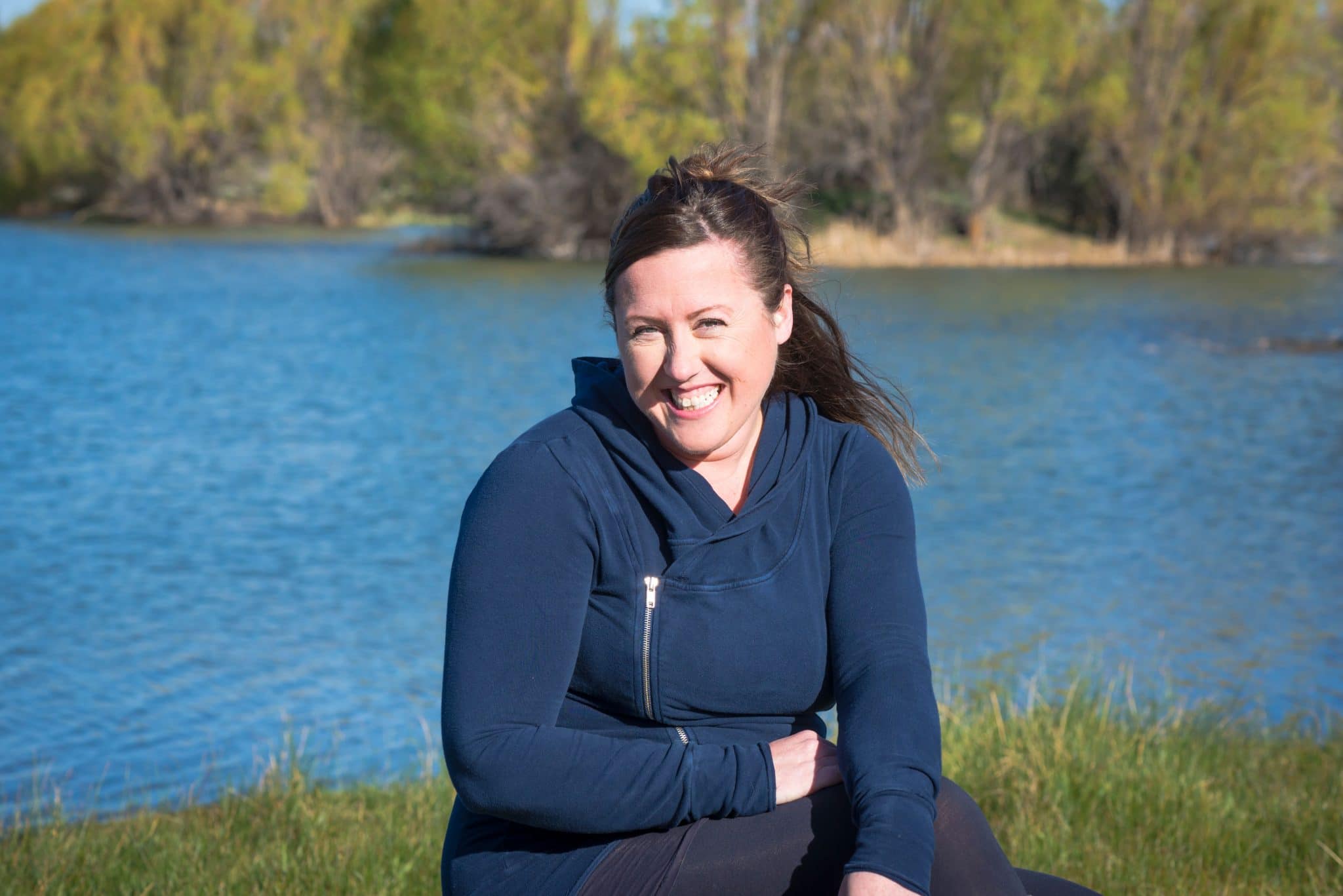
Imposter Syndrome is never satisfied.
It doesn’t matter how many awards, degrees or years of experience you have; it always wants more before it will allow you to feel worthy.
The trick is, to quit waiting for its approval, focus on who you can help, and get on with doing that.
When you focus more on who you can serve than on how you feel about yourself, you’ll find it’s no match for you.
09) Reuben Yonatan, Founder and CEO of GetVoIP

Just about everyone who seems really successful will feel like an imposter sometimes, and I’m no different.
People think that because I have the title of “CEO” that I’m always 100% confident about what I’m doing, but I rarely feel that way.
The trick is to understand that action is the remedy for imposter syndrome.
It’s okay to feel like you don’t know what you’re doing.
What’s not okay is letting those feelings stop you from moving your business forward.
10) Ruth Kudzi, Former Deputy Headteacher and Business Coach
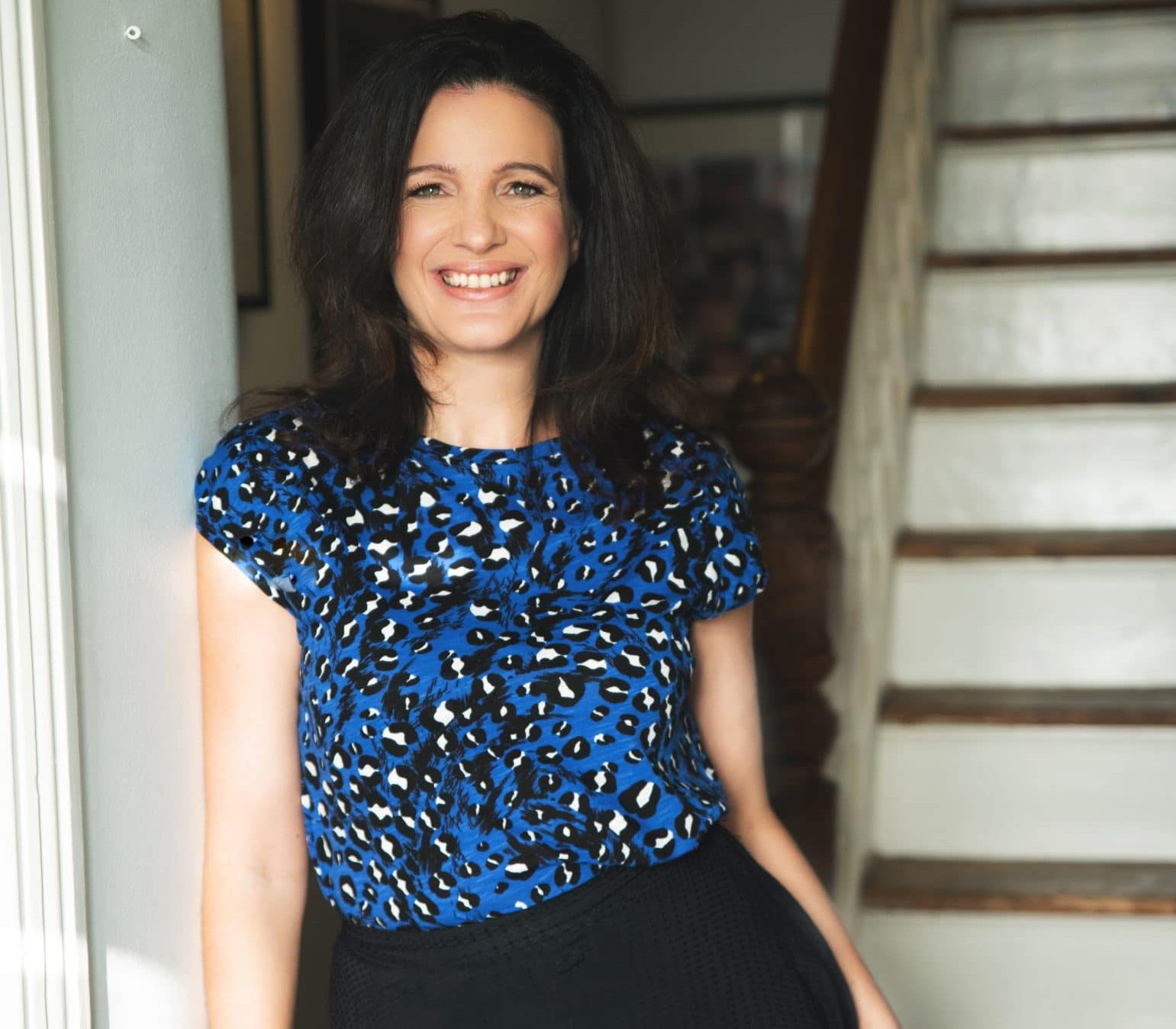
I had imposter syndrome when I first became a deputy headteacher; I used to think due to my age and relative lack of experience that I would get found out.
I had this recurring dream where I was delivering the assembly to 2000 students and staff, and I would get booed then my headteacher would tell me that there was a mistake and I had to leave.
I worked through the imposter syndrome with my coach and mentor who I had through part of a leadership development program I was on; she made me realise that I was there by my merit and helped me identify what I could do to feel good about myself and the role.
This was a game-changer for me.
I also:
– Focused on what I had achieved
– Asked for feedback from my headteacher and others
– Read my appraisal and 360-degree feedback when I doubted myself
– Spoke to other peers about it (and realised I wasn’t alone)
11) Amit Raj, Founder of Amit Digital Marketing
I’d been working with a range of clients with bespoke link building/content marketing campaigns.
But all fairly medium-sized businesses. But, I wanted to get that big “dream” client.
After watching the Netflix documentary “Fyre”, I had an idea after it mentioned Ja Rule is going to do a reboot of Fyre, with his new app, ICONN.
I decided to reach out via Instagram, and got a response from his management team!
After having a chat, they realised that my ‘SEO and link building’ expertise was kind of like a form of online PR – so after the pitch, they wanted to proceed.
Now – I’ve done PR in some form before, but not for this type of client or in this industry.
I then proceeded to contact TV shows, radio shows, nightclubs, producers at TV channels.
Pretty much feeling like “I don’t know what I’m doing!”
But… I had success.
The biggest example involved contacting one of the editors at Forbes CMO magazine directly, and I had a chat with the VP of Forbes Live and this editor.
All the while I’m thinking “How did I end up on a phone call with one of the VPs at Forbes!!”.
So, after this and after a further conference call with Ja’s manager included, it went ahead the following month!
Now, this is coming from someone who was just an ‘SEO guy’ and not in the PR industry.
However, it quickly dawned on me after I was landing the first couple of interviews – all I did was leverage my existing link building skills – it just manifests differently.
I believe in the product (ICONN), I have experience pitching things, I am good at knowing who to pitch to and how to angle it in a way that appeals specifically to them.
And I also felt that because of the type of business, the “coolness” aspect to it and the fact I may never work with another company like this again – to treat it almost like an experiment.
Almost like its an ‘art’ rather than its a do or die business.
If it doesn’t work, then it is just a case of calibrating things, until it does work.
And if it does work, then great! Keep doing it and keep refining it to get even better.
12) Anne Shoemaker, Mindset Coach
When I was in my 20’s, I was promoted to Chief Operating Officer of an organization after my boss, the previous COO, was let go.
Twenty years my senior, my predecessor had degrees and certifications that I didn’t have, and yet there I sat, in what used to be his seat at the table.
I had to figure out, in real-time, how to command the room from the head of the table while my (former) peers, now subordinates, most of whom were senior to me in age and tenure at the organization, watched.
I felt like a fraud- like a child at play on a stage where the audience is there to laugh and be entertained.
About the time that I settled into the role, our CEO resigned, and I found myself elected by the board as the Interim CEO.
Again, I could not believe that I had been moved into this position on my own merit.
Rather, I made up reasons all my own: “They must have asked the guys (my peers in the C-suite), but they said ‘no’, so they came to me…” or “They must think I’m not as busy as everyone else, so they gave this role to me.”
In time, I came to see the skills that I brought to the table that others didn’t, but it took the practical experience for me to get there.
Now, I counsel other women on how to own their unique gifts and believe in their inherent self-worth so they may step into bigger roles and compensation conversations with confidence.
12) Raven Beria, Founder of Brandalaxy

During my first month of business, I reflected back on my life, and I realized that when I was young, I always dreamed of becoming a Hollywood actor.
To give meaning to different narratives and develop “character.”
When I realized that being an entrepreneur is just another means of doing that, everything else changed.
I’m not an imposter. I don’t lack confidence. I just lacked the skill to act better – something we can all train on.
And that’s the story I tell myself.
I’m an actor, who is a part of my clients’ narratives, guiding them with the best intention in their storylines.
Since changing that perspective, I’ve been able to work with CEOs and executives that I’ve once looked up to – people who value my thinking and insight.
For example, within a month of starting my business, I received a referral for a $1,500/mo retainer for business strategy, working with a major telecommunications network.
I’ve also worked with leaders of “small giants” and more.
Needless to say, it has been an unreal experience – like being in a movie.
At the end of the day, it’s true what they say: perception is reality.
For me, I shifted my perception and stopped caring about “how.” Instead, I focused on having the clearest and most vivid picture of “where” I want to be.
Of what I want the story to look like and just play my part.
Now, every day, I ask myself,
“What one action can I take to make that future a reality?
How do I set the stage for the best movie in the world?”
And do it.
I don’t give a crap about the consequences as much as I did.
As long as I’m confident in my ability to consistently put in the effort, it doesn’t matter.
Every single piece of effort is another day of improvement.
13) Julia Wuench, Founder of The Authenticity Guide
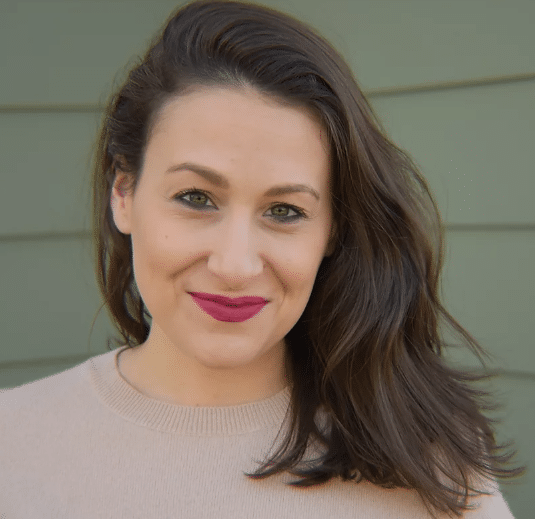
I regularly teach people how to combat imposter syndrome through my business, and I often suffer from it myself (a fact I never keep secret from my clients!).
It rears its head, particularly when I’m in a new environment and expected to perform at a high level.
Thankfully, I get to employ the very strategies I teach others about, including but not limited to: confiding in friends, expressing vulnerability, asking for help, and knowing it will pass.
14) Nunzio Ross, Co-Owner of Majesty Coffee
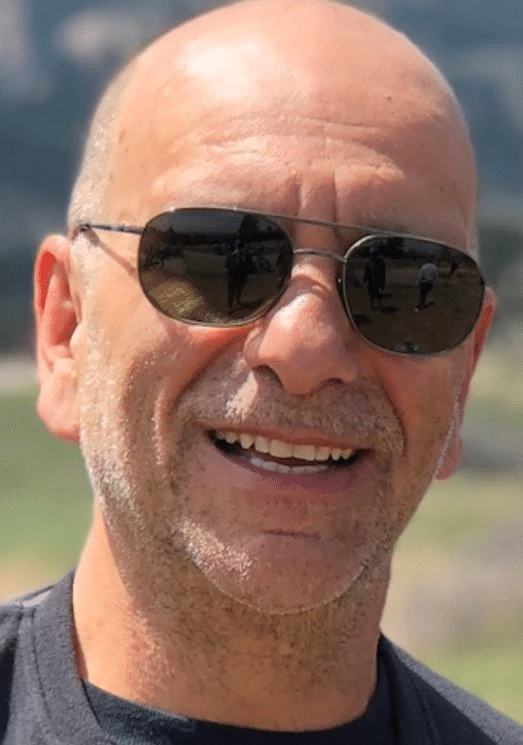
My self-doubt drives me forward; it forces me to over-prepare for a presentation, meeting or call.
I won’t be good enough; I’ll be embarrassed, people will find out I’m no good.
Without my self-doubt, I would sit in a chair and do nothing.
Thank god for my self-doubt.
Fear of being embarrassed is my biggest driver.
Use that doubt as your driver when in the preparation stage.
But just before you go into the meeting, presentation etc. Look back in your mind at all the times you’ve been successful at a similar task.
15) Jessica Higgins, Serial Entrepreneur and Venture Capitalist
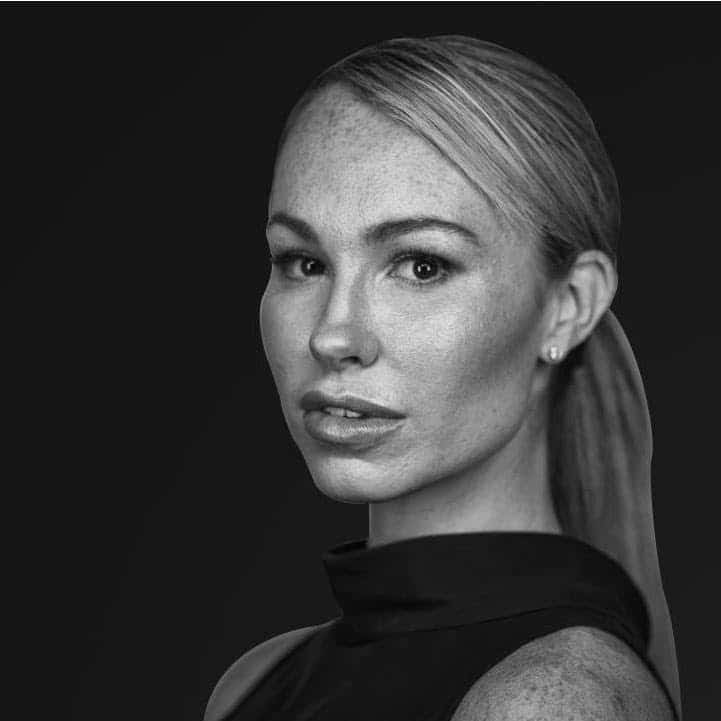
I didn’t know what imposter syndrome was until I woke up one day and couldn’t move my arms or my legs.
The extreme anxiety from achieving so many goals so early in life was mentally (and physically) paralyzing.
My anxiety had rapidly worsened, and I felt awful all the time.
I’m a huge believer in alternative medicines, so I hired a full-time hypnotist.
Turns out, it was imposter syndrome, which is very common among female entrepreneurs.
Sounds kind of wacky, but she rewired my brain, and the imposter syndrome and anxiety completely vanished.
Most people who are driven aren’t the same people who are great at being famous, or millionaires, which is why so many of us are secretly quite miserable.
16) Ian Wright, Founder of British Business Energy

I had real impostor syndrome for the first two years of my business.
And while there were probably multiple reasons why I felt that way two stand-out.
The first was that I run my business using a remote team, which while more common now was quite rare at the time.
This is resulted in me often feeling like I wasn’t running a “real” business because I didn’t have a dedicated office with centralised staff in-one location.
The second reason was more of a hangover from my previous business failure.
Around a decade ago, I ran a business that failed, which was to a large extent down to the fact I didn’t know what I was doing.
So I had a constant fear that this time around, I still didn’t know what I was doing, despite learning a huge amount in the intervening period.
Today, I’d say my impostor syndrome, which while not entirely gone, is far far less than it was.
And while I wish I could offer an easy way to overcome it, I don’t think there is one.
The main way I’ve overcome it is through successfully running the business.
Seeing the business grow each month for several years in a row has given me the confidence that while I might not know all the answers, or do things perfectly I am doing pretty well and far better than most people who never get started or who offer advice without taking the risk themselves.
17) Daisy Jing, Founder and CEO of Banish
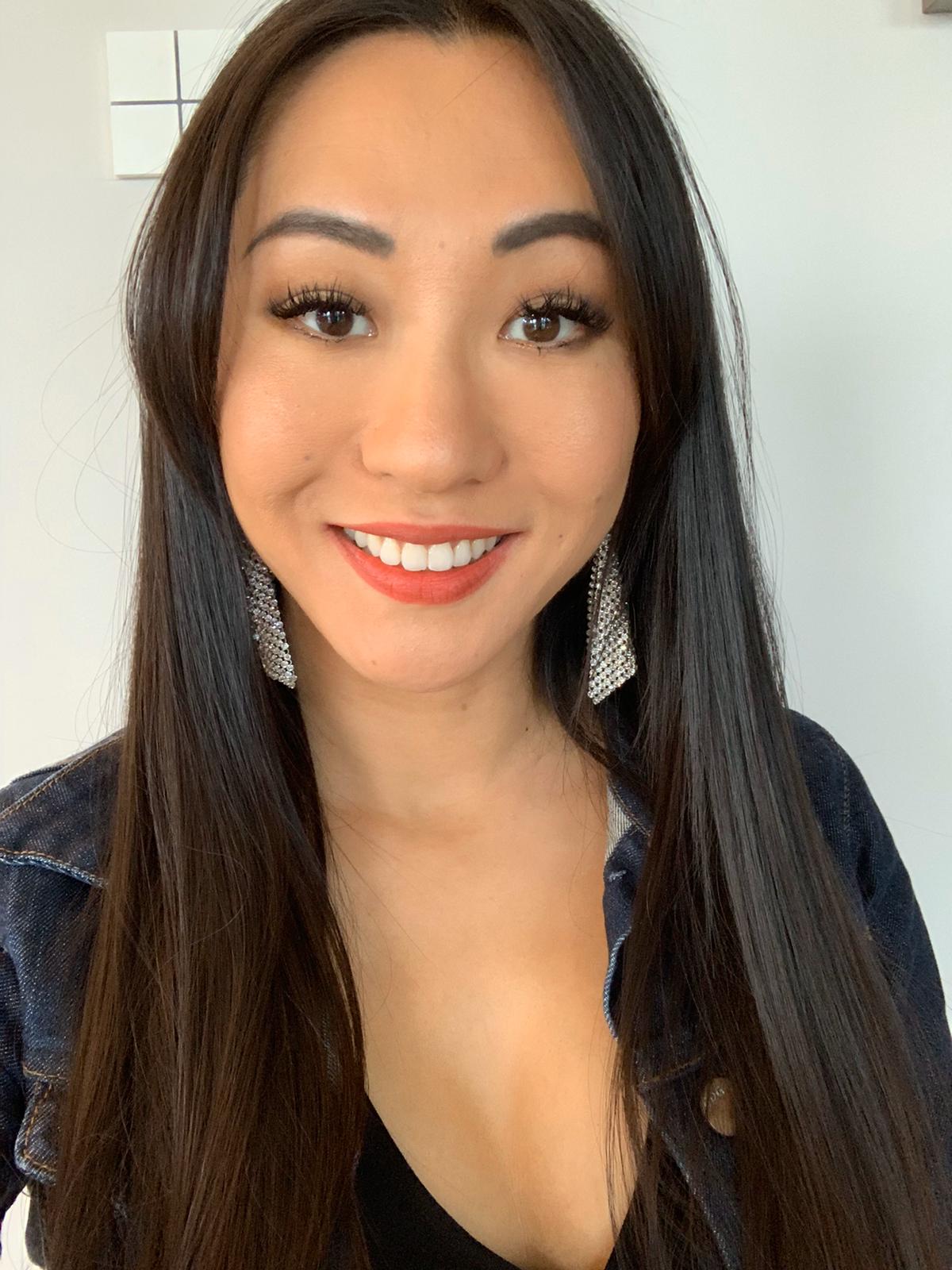
I’m a YouTube vlogger and a young entrepreneur who founded and bootstrapped a now multi-million beauty product line named Banish.
My business is now ranked #152nd fastest-growing company in INC 500, and I’m also included in Forbes 30 under 30.
I realized that many current skincare ingredients, such as fragrances or fillers, break out my skin, so I created my skincare products in my kitchen.
I documented my struggle on my YouTube channel, which now garners over 70M views.
We entrepreneurs tend to have impostor syndrome for we aim for perfection, and most of the time, we feel inadequate once we miss the mark or certain expectations we set for ourselves.
Recently, I had an opportunity to share my experience at a TEDx event; I am encouraging others to aim for authenticity.
I believe that I have my purpose in life and that no one can do a better job of being me than me.
Comparing yourself to other people and beating yourself for things that you haven’t accomplished yet won’t help.
Whenever I feel like I’m not good enough, I remind myself about my purpose in life and how I want my life to serve as an inspiration to many.
I find peace and joy in knowing that I’m being real to myself and others, and I do my best to accomplish my purpose in life.
When I feel like I’m not good enough, I keep on going and do what I have to do – I don’t pause and watch other people’s lives.
With comparison comes envy, discontentment and self-doubt.
It is so difficult to question someone credible and authentic.
We will all have impostor syndrome because the world continues to feed us with “perfect people” who lie for advertisements and marketing and so as I myself also experience it every other time, I just stick to my core and remind myself who I am and what I live for.
18) Sean Pour, Co-Founder of SellMax

My name is Sean Pour, and I am 25 years old and the co-founder of SellMax a nationwide car buying service.
I started the company when I was 14 years old, and ran the company while finishing a degree in computer science from San Diego State University.
Although my company has grown significantly, I’ve suffered from imposter syndrome.
I still do at times, but I’ve learned to cope with it much better.
For me, it was primarily about age.
A lot of older individuals did not take me seriously in my younger days.
So, to overcome imposter syndrome, one must visualize the success they’ve created every single day.
Create a morning routine, to look back at your past accomplishments and everything you’ve created.
Even if you’ve failed at something, you’ve learned a lot more than the person standing idly by.
Age, income or education should not hold you back.
You are in charge of your own destiny.
19) Alina Adams, New York Times Bestselling Author

I have published 17 books, including 2 NY Times best-sellers, and I was still convinced I didn’t know what I was doing.
I felt like I wasn’t working hard enough, that I didn’t deserve my success, and that my next manuscript would be the one that made people realize I’d fooled them into thinking I was competent.
It was my African-American husband who said to me, “Would a mediocre white man feel the same way with your resume?”
That’s when I realized… yeah… maybe I did deserve it.
20) Robyn Flint, Insurance Specialist at Expert Insurance Reviews
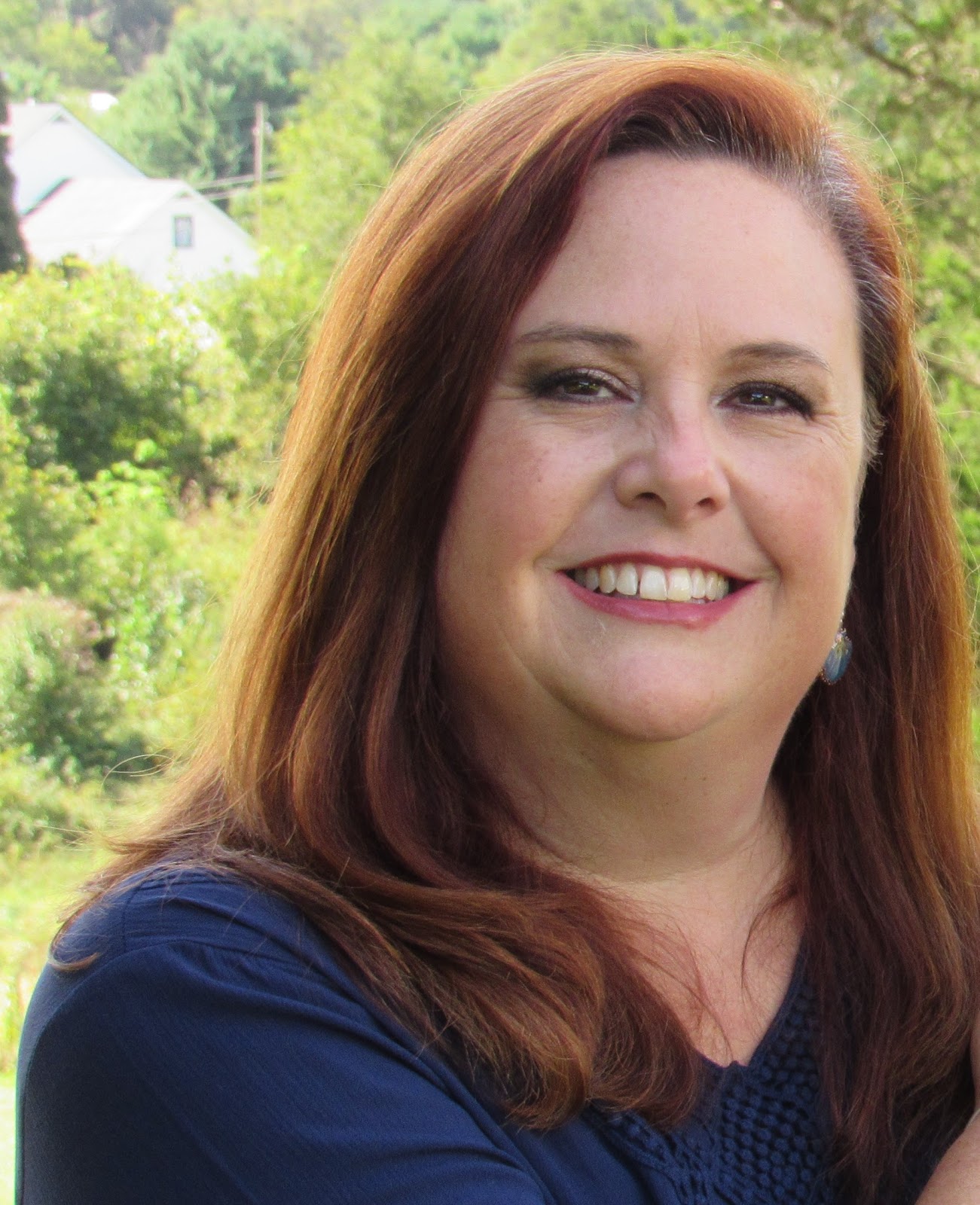
I remember the first time someone sent me a message after reading my book stating that they cried through it and couldn’t wait for the next one.
It was like an out of body experience.
I never thought I would have enough to say to make a positive impact in someone else’s life.
The first time I was asked to sign a copy of my book for someone, I was embarrassed.
I could have crawled into a wall and disappeared in that moment.
In fact, when someone else asked me if they could buy a copy of my book from me, I said no and gave it to them.
The thought of selling my book seemed like something only famous authors would do.
I must have given away dozens before my husband stepped in.
He said they are to sell, not give away.
Finally, I realized that I did have something to say and that my purpose and passion for helping others who may have similar life experiences is my big why for writing the book in the first place.
Who am I to have the knowledge to write a good book?
No one, that’s the beauty of it.
I’m just a normal girl sharing an abnormal life story that may help someone else through their own experience.
21) Stacy Caprio, Founder of Accelerated Growth Marketing

Before I worked for myself, it was hard for me not to feel judged during job interviews or even during a job while on a client call.
Even when I had dozens of clients and experience under my belt, I would often wonder, who am I to be running this program or giving this advice? What if it fails?
Even when it was going well and even when I knew exactly what I was doing, it was hard not to feel scrutinized by those around me, and often led to moments of self-doubt.
I’ve found focusing on the task, and your past successes is a way to instill a confident, flow mindset when working.
It’s best to not put weight on others’ opinions or your perceived judgement of their opinions since that will only end up undermining you and your work.
22) Dawson Whitfield, Co-founder and CEO of Looka

Looka is an AI-powered logo maker based in Toronto, Canada (5+ million users, raised $7M).
As an entrepreneur, you’re always faced with a certain level of self-doubt.
As a young entrepreneur, that feeling is intensified. It’s easy to let that self-doubt stop you from moving forward, but there are ways to deal with imposter syndrome.
One of the most effective ways of dealing with imposter syndrome is learning how common it is.
Finding a mentor, friend, or colleague who has been through the entrepreneurial process before— or even one who is going through it now — can help you change your thought patterns.
By learning you’re not alone, you can move beyond that self-doubt, and focus on your business instead.
23) Jess Holmes, Founder and CEO of Wildish Digital

Even though I have worked in my industry for over 7 years, I was struck with imposter syndrome right after I took the leap to start my own company.
Fears you didn’t know you had, come to the surface and make you question if you really are as good as you think.
I’d advise others feeling this way to seek out a group in your niche locally or online to help you shake those fears.
Encouraging words from other entrepreneurs helped me ease my fears and start dominating my market.



